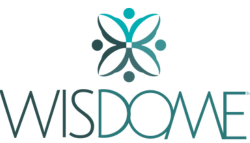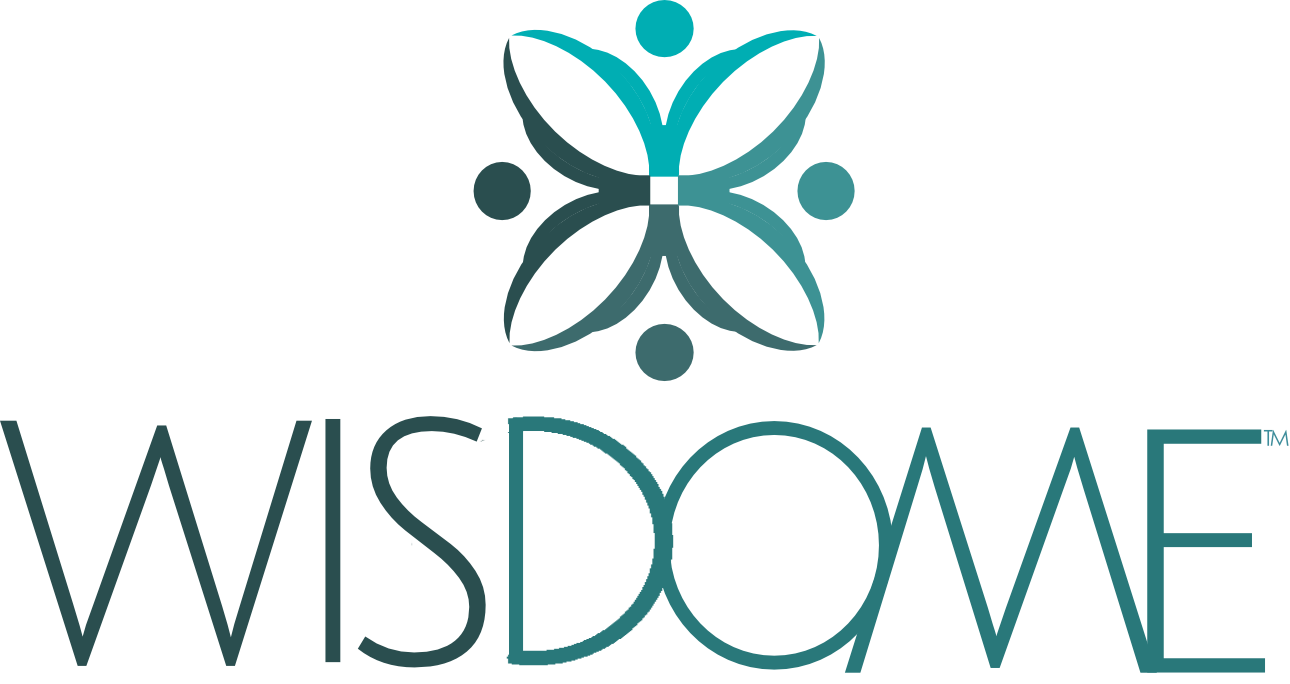Are you an online course creator looking for new ways to share ideas and motivate your audience? Neurolinguistic programming (NLP) can help you maximise your impact. Read on to unlock these powerful insights.
What is Neurolinguistic Programming
Neuro-linguistic programming believes that language patterns, sensory perceptions, and mental strategies can alter people’s behaviours and achieve a desired result.
NLP was developed by Richard Bandler and John Grinder in the 1970s. Both proponents believed understanding the structure of subjective experience could lead to personal transformation and success, which all knowledge sharers aspire to impart to their audience.

3 Key Benefits of NLP for Online Course Creators
Here are three essential benefits of neurolinguistic programming for anyone looking to share their knowledge, especially online course creators.
#1: Effective Persuasion and Influence
NLP provides powerful strategies for persuasive communication. Online course creators can use its principles to frame ideas that inspire growth and learning.
For example, rather than saying, “You need to finish this module,” you could say, “Completing this module will help you learn new skills and open up more opportunities for you.” This subtle shift makes the task feel more like a choice. Plus, it highlights the module’s benefits, encouraging learners to engage.
#2: Overcoming Psychological Barriers
Neurolinguistic Programming is a powerful way to overcome psychological barriers. It works by changing the way we think, speak, and act.
NLP offers techniques to break free from self-limiting beliefs. For instance, how we interpret an event can sometimes be more limiting than the event itself. Neurolinguistic programming can help us reframe challenges into a chance to learn and grow.
#3: Improved Content Structure
Neurolinguistic Programming (NLP) can transform how online course creators structure their content. Here’s how:
Better Understanding of Learner Perspectives
NLP helps online course creators understand various learning styles. This allows them to design content that connects with a broader audience.
Clearer Learning Objectives
With NLP, course creators can set precise goals for learners. This clarity keeps learners motivated and focused.
Enhanced Learner Engagement
NLP provides strategies for building stronger connections with learners.
Strategies to Incorporate NLP Into Your Online Course
Consider adding these three NLP methods to enhance your course’s effectiveness.

#1: Mirror Language and Tone
Mirroring is a powerful way to connect with others. It involves mimicking someone’s behaviour, language, or emotions to build familiarity and trust.
Our natural desire to connect with people like us makes us more open to listening and engaging. It makes us feel understood and, therefore, valued.
When it comes to online course creation, mirroring techniques can prove invaluable. Here are two ways to effectively use mirroring to connect with your audience:
Language and Vocabulary
Use the same language and jargon that your audience uses. If you’re teaching a specialised subject, match the complexity or simplicity your audience is comfortable with.
Take the time to do social listening and learn what language your audience prefers. You can do this by checking social forums and online communities where they gather.
You could also run a free webinar while you’re doing your research and building your content. Hosting an online event means meeting people interested in your offer and demonstrating your knowledge about the topic.
Emotional Mirroring
Emotional mirroring involves reflecting the emotions your audience might be feeling. It helps build empathy and shows that you understand their experiences. Here are our three ways you can use emotional mirroring in content creation:
- Acknowledge Emotions: Start by recognising and naming the emotions your audience may be experiencing. For example, if the topic is challenging, you might say, “I know this can feel overwhelming, but we’re in this together.”
- Share Personal Stories: Relate to your audience by sharing personal stories that echo their experiences. This creates a connection and shows you’re not just a distant instructor but someone who understands their journey.
- Use Empathetic Language: Use words and phrases that show empathy. Phrases like “I understand how you feel” or “It’s normal to feel this way” can reassure and comfort your audience.
- Provide Encouragement: Offer positive reinforcement and encouragement throughout your course. Simple affirmations like “You’ve got this” or “You’re making great progress” can boost confidence and motivation.
Mirroring techniques can help you build trust and enhance the effectiveness of your teaching.
Pro Tip:
Remember that authenticity is vital when connecting with your audience. Take time to understand what your audience needs so you can forge a genuine connection with your learners.
#2: Apply Positive Framing in Your Online Course Content
Positive framing is a communication technique that focuses on the bright side of a situation. It highlights a problem’s benefits and opportunities rather than its limitations. Using positive framing can help your audience feel empowered and motivated.
Here’s how you can implement positive framing when creating an online course:
Start with Positive Outcomes
Begin each module or lesson by outlining the benefits and potential gains. For example, if your online course teaches people about conflict resolution at work, you could start with, “By mastering these techniques, you’ll foster a more harmonious workplace and improve your professional relationships.”
Use Encouraging Language
Replace negative or neutral phrases with encouraging ones. Instead of “Don’t make these mistakes,” say, “Here’s how to achieve success.”
Celebrate Progress
Acknowledge even small accomplishments throughout the course. For example, after completing a lesson, you could say, “Great job! You’ve just completed an essential step towards mastering the subject.
#3: Highlight Real-Life Applications of Your Online Course
Make your online course meaningful by emphasising its real-life application. Learners are more inclined to engage when they understand its impact.
Check out the tips below on showcasing these practical applications in your courses.
Use Real-World Examples
Incorporate examples from everyday life that relate to the course content. Share stories that your learners could encounter. For instance, if you’re teaching a course on negotiation skills, use examples from workplace situations, like negotiating a salary or handling conflicts with colleagues. This helps students see the relevance of the skills they’re learning.
Share Success Stories
There’s nothing more motivating than real-life success stories. Share testimonials of previous learners. Whether they landed their dream job, started a successful business, or improved their personal life, these stories can inspire and motivate current students. It shows them that the skills gained from your course can lead to positive outcomes.
Create Practical Assignments
Design assignments and projects that mimic real-life tasks or problems. For example, if you’re teaching a marketing course, have students create a marketing plan for a hypothetical product or a real business. This hands-on experience helps them apply theoretical knowledge in a practical context.
Conclusion:
Neurolinguistic Programming (NLP) principles can transform and help you transform your online course. Implement NLP techniques such as:
- Mirroring language and tone
- Applying positive framing
- Highlighting real-life applications
Remember, understanding and addressing your audience’s needs is vital to successful NLP implementation.

Are you looking to transform your knowledge into a thriving course, coaching program, or membership business? Discover the secrets to making it happen with tried and tested strategies!
In this FREE masterclass, we’ll guide you through:
- Identifying your “wisdomness” – Discover your unique knowledge and how to share it.
- Identify your passion—Align your knowledge business with what you genuinely care about and what lights you up inside.
- Building trust – Learn to connect genuinely connect with your audience.
- Establishing Milestones – Set clear goals to track your progress.
Whether you’re just starting or looking to refine your offerings, this masterclass will give you the tools and confidence to succeed.
Join us and take the first step toward your dream.
Register Now!
Resources:
Mastering Learned Helplessness: Techniques for Overcoming and Empowerment
Everything You Need To Know About Neuro-Linguistic Programming (NLP)
Mirror, Mirror on the Wall: Emotional Mirroring for Others
What is NLP and what is it used for?
NLP Mirroring and Matching TechniquesThe Power of Positive Framing








